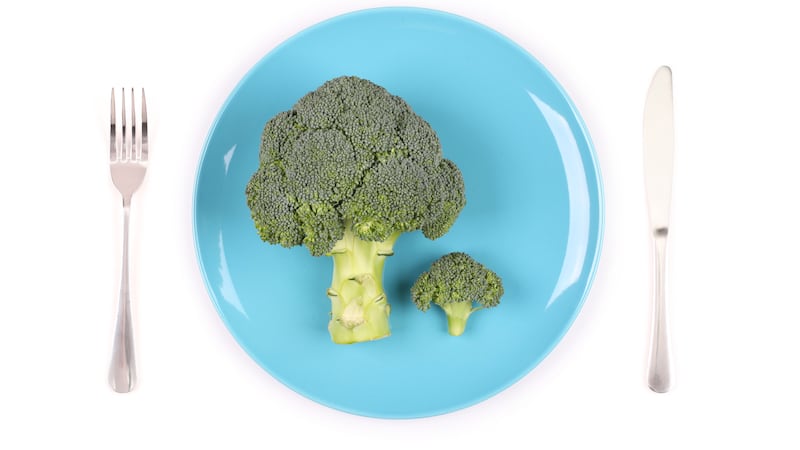I ONCE worked with a man who often used the expression, "That fella knows his onions". I found it quite humorous because I didn't think there was much to know about onions.
But I was wrong. Onions are less unprepossessing than one might think.
Alexander the Great thought onions were a source of strength and courage and fed his army on a diet of them as they marched on Persia.
He wasn't alone. In the American Civil War, Union General Ulysses S Grant complained to the White House about the disruption to his supplies of onions for his troops.
Mariners and sailors have long known that eating raw onions would stave off scurvy. Marcus Gavius Apicius, a gluttonous gourmet in the era of Tiberius, extolled the virtues of the onion in his kitchens.
But it's to the ancient Egyptians the prize goes for knowing their onions. Not only did they use onions for medicinal purposes - they also believed them to have magical properties.
In fact, so revered were onions that they were often buried with the Pharaohs and feature frequently in hieroglyphics on the walls of tombs.
Egyptians associated the shape of onions with eternity and often small onions were placed in the eye sockets of kings, like Ramsus IV. They believed a few onions up the nostrils would help breath new life into the deceased and they could then be reborn - think Fisherman's Friends for the dead...
But fond as this writer is of a good old munch on a raw onion (it's a well known and effective contraceptive method), this is not a feature on onions.
Onions is, in fact, the title of a new publication produced by clients of Action Mental Health New Horizons.
Clients take part in a range of courses, from therapeutic classes such as creative writing and crafts, to accredited training and work placements.
So where did the onions come in? According to skills coach, Sara Miller, it started life as a writing prompt. And as they say from little acorns - sorry, little onions... - creativity flows.
The onion was a meaningful metaphor. Each of us have layers. Or as one contributor wrote "each layer has its own story, stories of joy, heartache and slapstick".
As someone who frequently uses the experiences of my family and indeed myself as ways of communicating with readers, I like to demonstrate that people are not one-dimensional but multi-layered.
Contributors to Onions have each been on a journey and through peer support and mentoring they have managed to produce a book of pure joy.
It's not easy to put one's deepest thoughts down on paper without feeling vulnerable but this process was all about empowering those who AMH refer to as clients. Another contributor writes about the stigma which still surrounds mental health illness.
Onions is at times a hard and challenging read. The clients have been honest about their experiences and in some ways brutally so.
There is a mind-gnawing piece on how a person handled depression. It's harrowing. How often have we heard remarks such as 'pull yourself together' or 'man-up'?
Some stories in the book are very humorous. Others exacting. Reminisces about days gone by are described in colourful imagery - so vivid you can visualise what they are writing about.
Carefree times remembered which were held captive in memory, now escape and fall onto the pages.
Some contributors to Onions have clearly travelled from dark places. Authors don't shy from difficult narratives.
Instead, they own their stories. They are very much survivors and this book is their testimony and witness.
Onions is ultimately a success because no-one else could have written it but these individuals. These are 'his' and 'her' stories.
Patrick Kavanagh wrote, "On the stem of memory imaginations blossom" - and that fella knew his onions.








